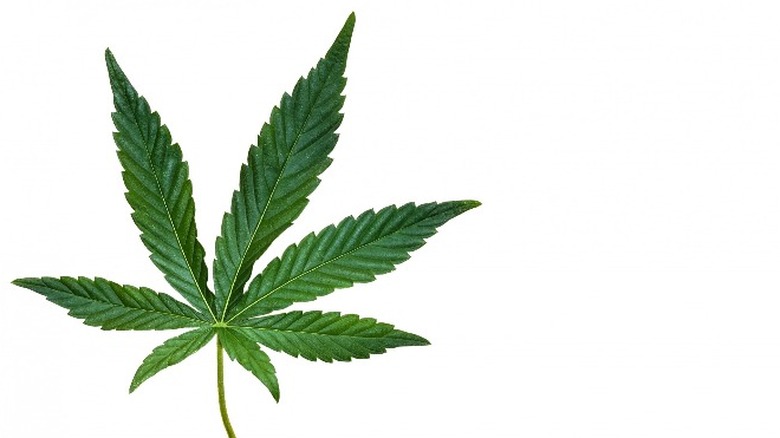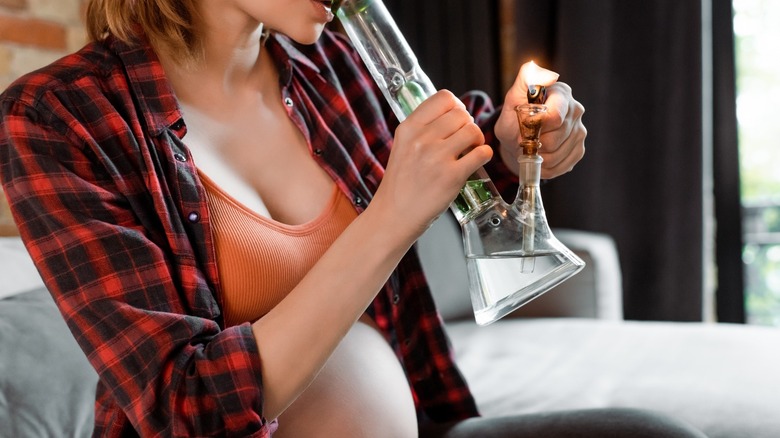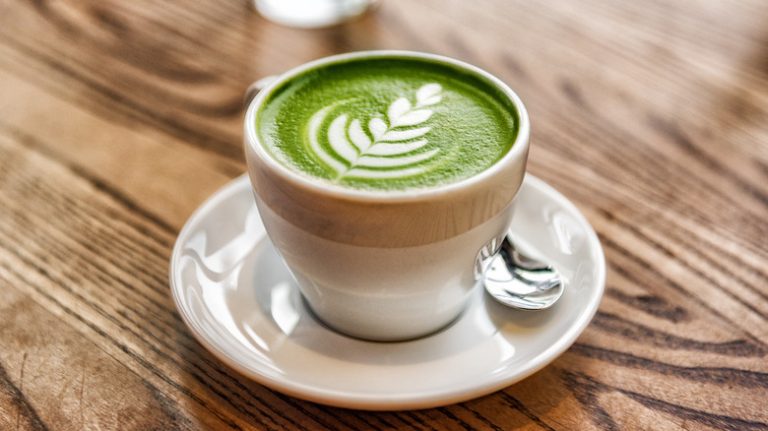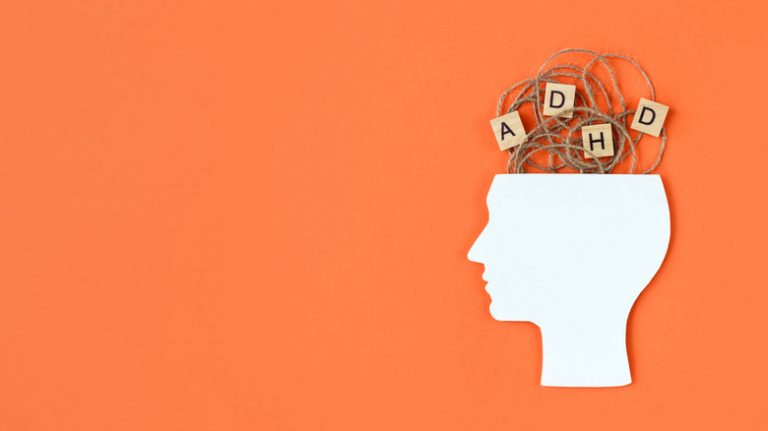Cannabis, otherwise known as marijuana, generally refers to the dried plant materials harvested from either the cannabis indica or cannabis sativa plant, says the National Institute on Drug Abuse. Cannabis comes in many forms, from edible brownies, and infused drinks to ingestible extracts, like oils. According to Healthline, cannabis is currently being explored for its therapeutic benefits. The two most well-studied chemical compounds in cannabis, known as cannabinoids, are tetrahydrocannabinol (THC) and cannabidiol (CBD).
THC is associated with the psychoactive feelings of euphoria or high, while CBD is not (via Healthline). Each cannabinoid is thought to have certain therapeutic benefits. For example, THC reportedly can increase appetite and help with muscle spasticity, or glaucoma. CBD, on the other hand, can help with depression, inflammation, and seizures. Often marketed as nature’s supreme remedy, not all that glitters is gold when it comes to cannabis. While cannabis use may benefit select adults with certain medical issues, exposure to cannabis in youth and unborn children may have negative consequences on development.
Dangers of prenatal cannabis exposure

The United States Surgeon General cautions that marijuana may alter brain development in the fetus (via U.S. Department of Health and Human Services). Now, emerging evidence shows that prenatal exposure to cannabis may contribute to the development of symptoms of mental health issues. A 2024 study published in the Journal of the American Medical Association found that fetuses exposed to cannabis continue to display symptoms of mental health issues, such as anxiety and depression, into their adolescent years (per Neuroscience News). The research analysis comes from data available from a continuous study that has tracked brain development in over 12,000 American youth since 2024.
These findings are timely and important, as cannabis use among pregnant women has increased significantly over the last two decades, reports the National Institutes of Health. The United States Food and Drug Administration (FDA) “strongly advises” that those who are pregnant or breastfeeding do not use cannabis in any form, including CBD and THC.








